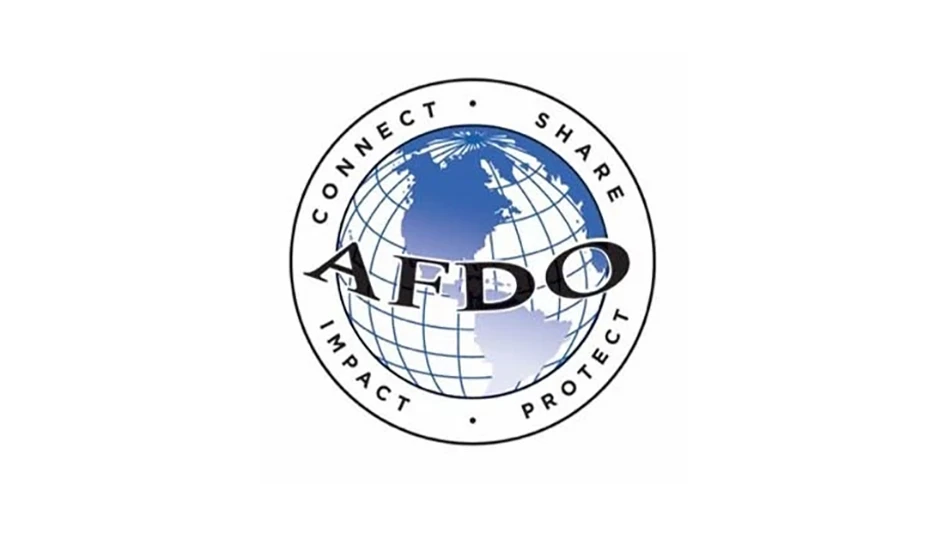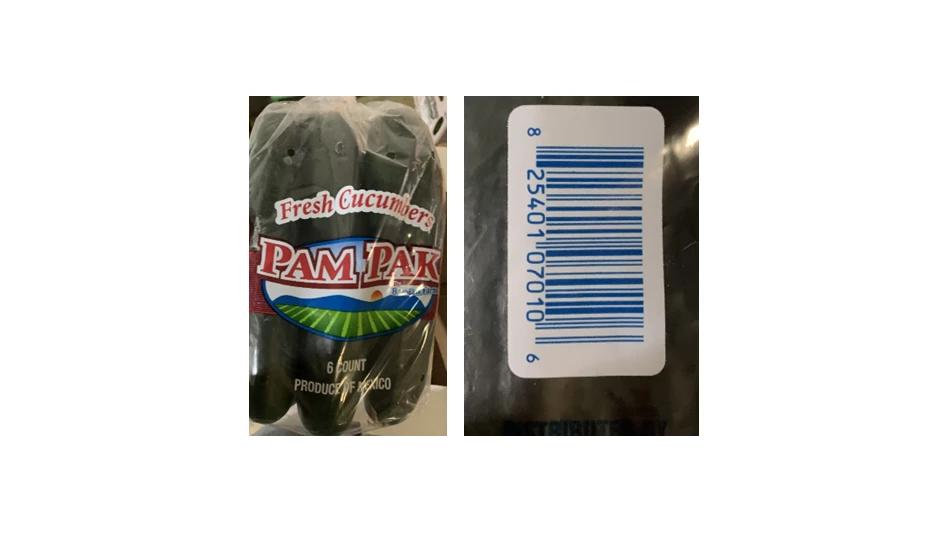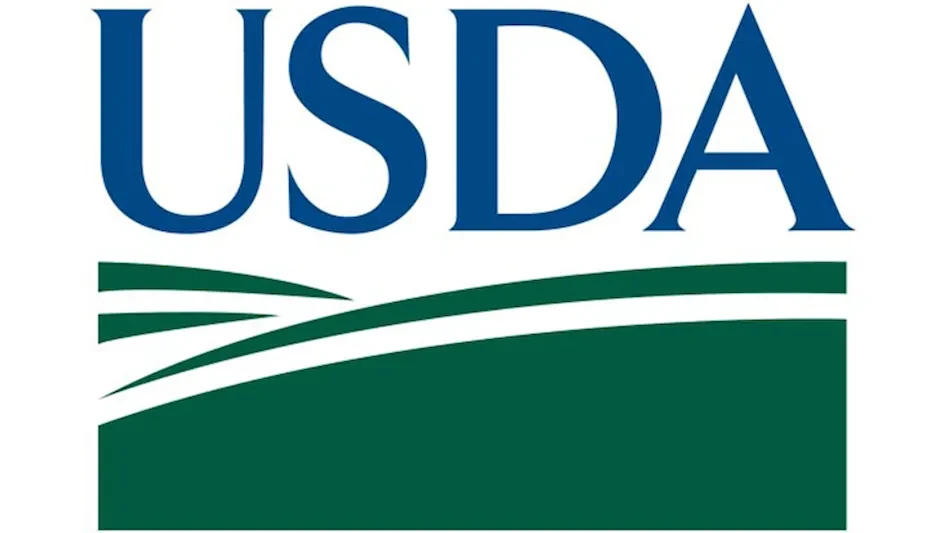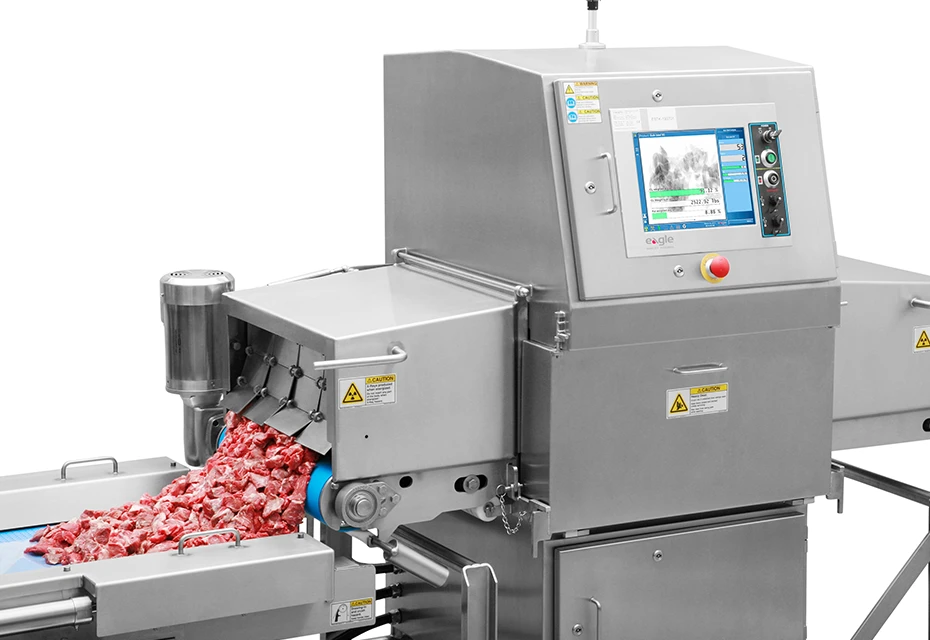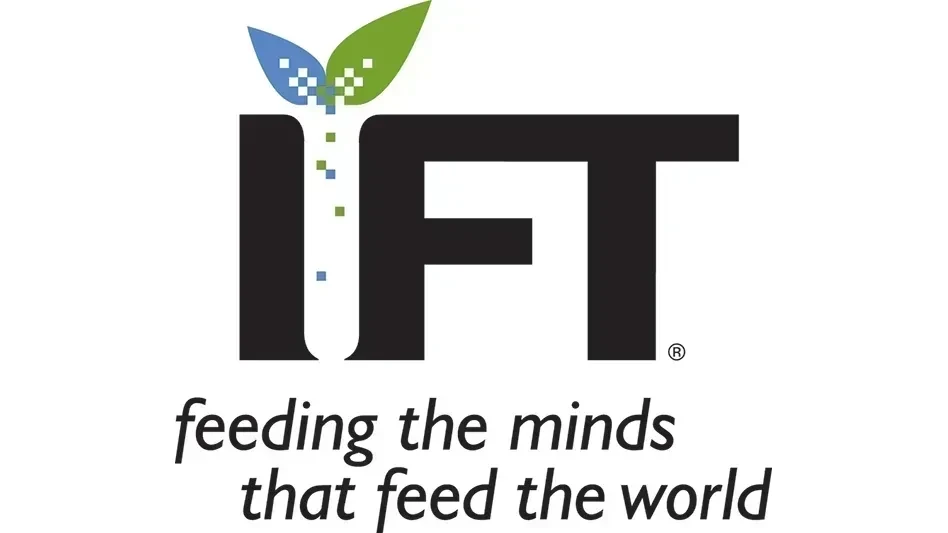
Adobe | WavebreakMediaMicro
WASHINGTON, D.C. — Consumer Reports and More Perfect Union delivered nearly 50,000 petition signatures to the U.S. Department of Agriculture (USDA) calling on the agency to remove Lunchables food kits from the National School Food Lunch Program. The groups are urging USDA to strengthen its eligibility standards for the program after tests by CR found that Lunchables and similar lunch kits contained relatively high levels of sodium, lead and cadmium.
“Millions of kids depend on the school lunch program every day and deserve healthier options than highly processed foods like Lunchables,” said Brian Ronholm, director of food policy at Consumer Reports. “Lunchables and similar lunch kits contain concerning levels of sodium and harmful chemicals and shouldn’t be allowed on the menu at schools. The USDA should strengthen its eligibility standards for the National School Lunch Program so that kids in schools get better choices that don’t put their health at risk.”
Earlier this year, CR issued a report comparing the nutritional profiles of two Lunchables kits served in schools and found they have even higher levels of sodium than the kits consumers can buy in the store. CR also tested 12 store-bought versions of Lunchables and similar kits and found several contained relatively high levels of lead and cadmium. All but one tested positive for phthalates, chemicals found in plastic that have been linked to reproductive problems, diabetes and certain cancers.
The USDA currently allows two Lunchable kits — Turkey & Cheddar Cracker Stackers and Extra Cheesy Pizza — to be served to nearly 30 million children through the National School Lunch Program. To meet the program’s requirements, Kraft Heinz added more whole grains to the crackers and more protein to the Lunchables kits designed for schools compared to store-bought versions.
CR tested store-bought Lunchables and similar kits from Armour, LunchMakers, Good & Gather, Greenfield Natural Meat Co., and Oscar Mayer and found lead, cadmium or both in all. Lead and cadmium can cause developmental problems in children over time, even in small amounts. While none of the kits exceeded any federal limit, five of the 12 tested products would expose someone to 50 percent or more of California’s maximum allowable level for lead or cadmium — currently the most protective standard. There are no federal limits for heavy metals like lead or cadmium in most foods, said CR.
CR also tested at least one type of phthalate in every kit it tested, except for Lunchables Extra Cheesy Pizza. Phthalates are known endocrine disruptors, compounds that may mimic or interfere with hormones in the body, which can contribute to an increased risk of reproductive problems, obesity, diabetes, cardiovascular disease and certain cancers. As with heavy metals, the goal should be to keep exposure as low as possible, said CR.
The sodium levels in the store-bought lunch and snack kits CR tested ranged from 460 to 740 milligrams per serving — nearly a quarter of a child’s daily recommended limit for sodium. CR found that the sodium levels of the Lunchables made for schools, which had a larger portion of meat, are higher than in the store-bought versions. The school version of Turkey and Cheddar Lunchables for schools contained 930 mg of sodium compared to 740 mg in the store-bought version. Similarly, the Lunchable pizza kit for schools had 700 mg of sodium compared to 510 mg in the store version.
Eating foods with too much sodium can lead to high blood pressure and hypertension, which are risk factors for heart disease, stroke and kidney damage. Kids with high sodium intakes are about 40 percent more likely to develop hypertension than those who have low sodium diets, said CR.
Latest from Quality Assurance & Food Safety
- IDFA Presents Leadership Award to Six Federal Officials at Annual Celebration of Dairy Reception
- Seeding The Future Global Food System Challenge is Changing Lives: Winners Reflections
- Raw Farm Products Recalled Following Bird Flu Virus Detections
- FDA Issues 2024 Voluntary National Retail Food Regulatory Program Standards
- GSA Launches Assurances Platform, Prism and Webinar Series in Partnership with Wholechain
- Multistate E. coli Outbreak Linked to Iceberg and Romaine Lettuce Blend
- FDA, USDA Seek Information About Food Date Labeling
- William Marler, Food Safety Advocate and Lawyer, Condemns Lack of Safety of U.S. Food Supply
